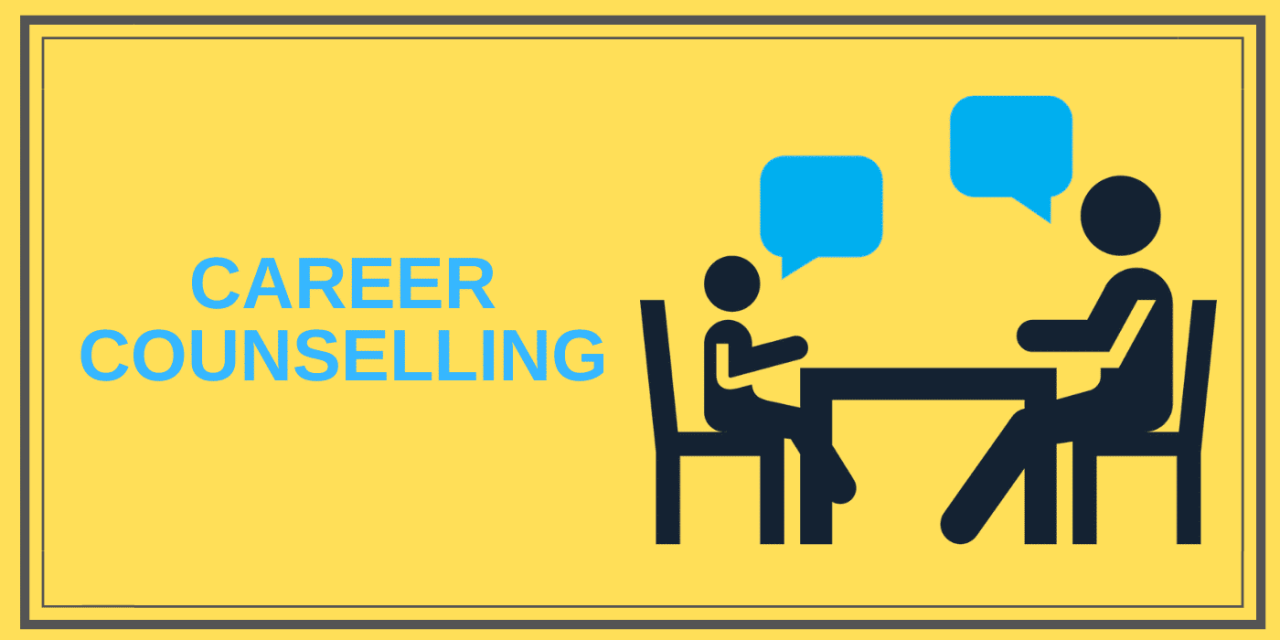7 postulates of career counseling
Most new clients come for a career consultation, many – even with fear, because “what it is and what they eat it with” – is not entirely clear. Career consultant Olena Ivanchikova decided to raise the curtain on the career counseling service and describe the basic rules of such cooperation and interaction.

- The career counseling service and counselor assistance cannot be imposed from the outside. This is a story of reciprocity. You cannot register your husband/child/mother-in-law for a consultation without informing them ex post facto. If the client does not understand why he needs it and what they want from him, the result will be zero.
- The career counseling service does not release the client from responsibility for the outcome. The counselor points out opportunities that were previously unobvious to the client and explain how to take advantage of these opportunities. But this does not mean that he is looking for a new job for the client or indicates a new profession when changing the field of activity. The responsibility for decision-making lies with the client.
- A career counselor works with the information provided by the client – no more, no less. This means that a trusting relationship in career counseling is the foundation for future results. And if you have had “skeletons in the closet” in your career, you should definitely talk about it at the meeting. Only then will the help of a consultant be as effective as possible.
- Everything that happens in career counseling stays in the career counseling. All information that the client devotes to the counselor is completely confidential – from a direct request for a new job (if the available current place of employment) to business ideas and other plans for the future.
- Not all requests are resolved in one consultation. A point query – whether it’s creating a resume or modeling an interview – is the result of one consultation. But it is better to make at least 2-3 meetings to find a new career direction or create a career strategy. Only in this way will it be possible to delve into the analysis of the current situation in detail, to work out the strengths, to clarify the advantages and inclinations in one or another sphere. Here – to work thoroughly with the wheel of balance and look at the career not as something separate, but as a part of life as a whole (one of its components of the puzzle), to touch the values and vision of life within 2-3 years and answer questions “And how do I want to live at all?”. After such in-depth career coaching, career thoughts often turn upside down – and it’s great when awareness comes on time.
- Between career counseling, the client is given a homework assignment to make direct counseling more effective. Sometimes I ask to fill in career guidance questionnaires or career SWOT analysis, to prepare a mini-self-presentation. In this way, the client is set up in the right way, and I, as a consultant, already have a solid foundation for the development of the topic and its detail.
- Career counseling is not about “putting out a fire.” Rather, it’s a good idea to have a “career fire” counselor! does not extinguish (though can). When the client does not come to the consultation with the request “I need a new job for yesterday”, and when he approaches it in advance. This is the only way to build a career strategy, study the labor market in detail, understand which companies are interested and which format of activity will be more acceptable. Here is an opportunity (and time, most importantly) to make a career plan, understand areas of development and “tighten” them to the desired level. It is important to understand that a career counselor will be happy to accompany you on this exciting journey if you have the main resource – the time you have left for the intended goal.


Leave a Reply